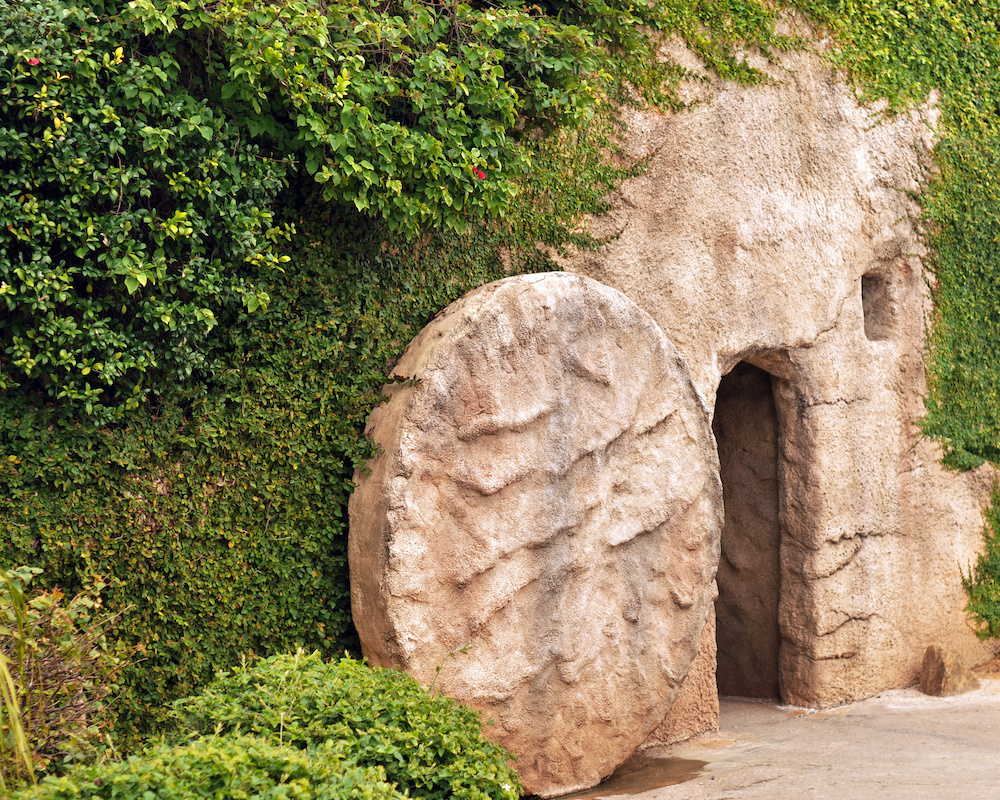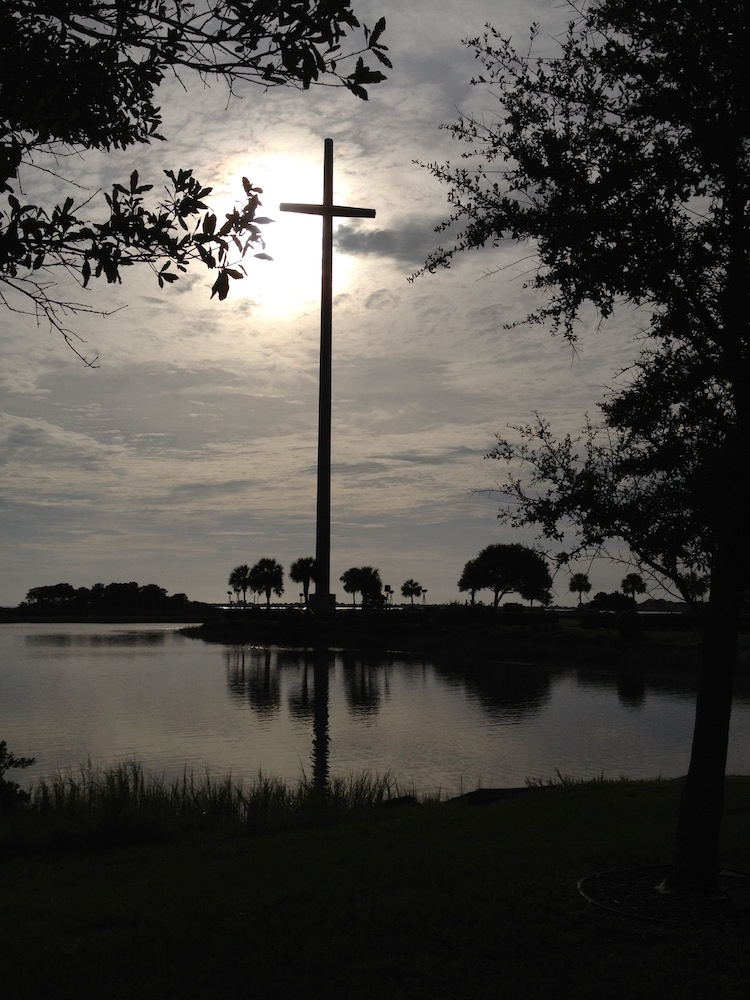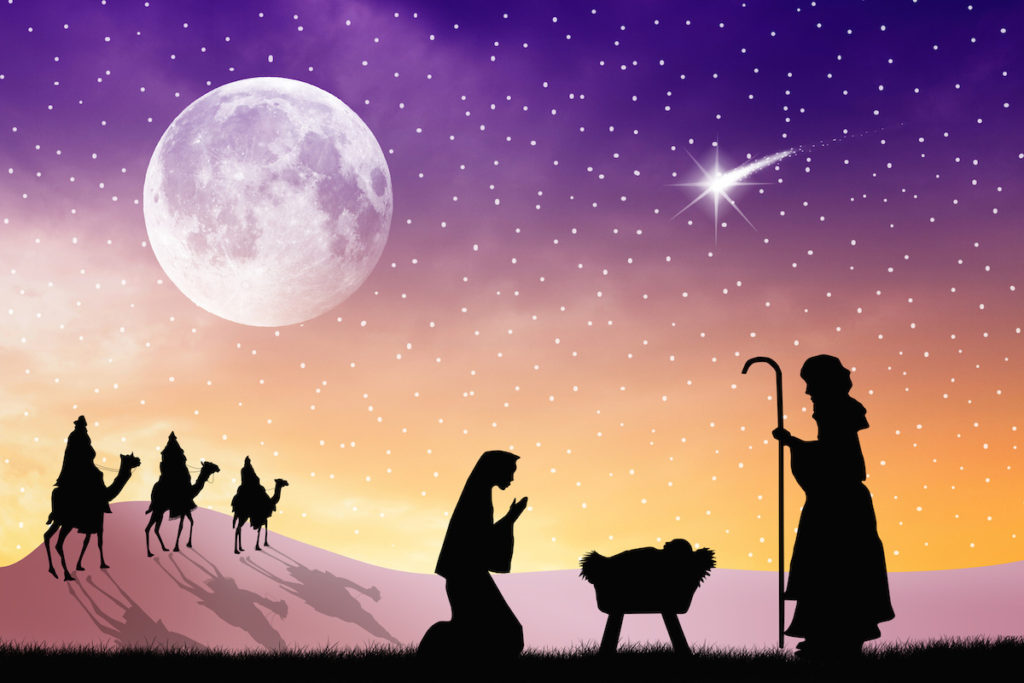
In our day many Messianic redeemed believers are celebrating, or feeling a desire to celebrate, the resurrection of our Messiah. To scripturally validate the central importance of the resurrection of Yeshua as a core doctrine for Messianic redeemed believers, we will start by presenting to you a series of texts from the Tanakh (or Old Testament) with commentary that foretell of a Messianic Redeemer dying and then bodily resurrecting. We will then examine evidence that shows how the waving of the omer or barley sheaf on Wave sheaf Day pointed to Yeshua’s resurrection. We will then look at the Gospel account of the resurrection for some new insights from a Hebrew roots perspective, and then conclude by examining historical evidence pertaining to the early Christian church’s designation of a specific day to commemorate the resurrection of Yeshua. May this study strengthen the reader’s faith in the accounts of Yeshua the Messiah’s resurrection as recorded in the Testimony of Yeshua (or New Testament)!
An Analysis of Tanakh Scriptures That Predict the Resurrection of the Messiah
Psalm 16:10, For thou wilt not leave my soul [nephesh] in hell [sheol]; neither wilt thou suffer thine Holy [chaseed or faithful, kind, pious, devout, saint, godly] One to see corruption [shakhath or decay of the grave according to The Theological Wordbook of the Old Testament (TWOT)].
Commentary: To whom is this verse referring? Obviously not normal humans whose bodies and souls go into the grave at the time of death (so says this verse) (to await the resurrection) and where they decay? Who in Scripture, but Messiah Yeshua resurrected after three days before his body could corrupt (start to decay)? According to Jewish thought bodily decay starts after three days.
Psalm 49:15, But Elohim will redeem my soul from the power of the grave: for he shall receive me. Selah.
Commentary: This is a generic reference to the resurrection of the righteous. Using a kal v’khomer or light and heavy (a fortiori) rule of logic (or Rabbi Hillel’s first law of Biblical hermeneutics/interpretation) we can reason that if the righteous dead are resurrected how much more so the Messiah.
Psalm 22:26, The meek shall eat and be satisfied. They shall praise YHVH that seek him. Your heart shall live for ever.
Commentary: See comment on Psalms 49:15.
Isaiah 26:19, Your dead men shall live, together with my dead body shall they arise. Awake and sing, you that dwell in dust, for thy dew is as the dew of herbs, and the earth shall cast out the dead.
Commentary: See comment on Psalms 49:15.
Isaiah 53:9-10, And he made his grave with the wicked, and with the rich in his death; because he had done no violence, neither was any deceit in his mouth. Yet it pleased YHVH to bruise him; he has put him to grief: when thou shalt make his soul an offering for sin, he shall see his seed, he shall prolong [arak means to continue long, make long, lengthen, draw out] his days, and the pleasure of YHVH shall prosper in his hand.
Commentary: Some see in this emphasized phrase either a reference to long life on the part of Messiah’s (spiritual) seed (descendants) which could be a reference to eternal life, or to the resurrection of the Messiah himself after he was “cut off from the land of the living” (verse 8) and “made his grave with the wicked” (verse 9) after which he would “prolong his days” through resurrection from the grave.
Isaiah 53:11, He shall see of the travail of his soul, and shall be satisfied: by his knowledge shall my righteous servant justify many; for he shall bear their iniquities.
Commentary: The Qumran Great Isaiah Scroll translates verse 11 as follow:
Of the suffering of his soul he will see light and he will find satisfaction. And through his knowledge his servant, the righteous one will make many righteous, and he will bear their iniquities” (The Dead Sea Scrolls Bible, by Abegg, Flint and Ulrich, p. 360; Harper Collins Publishers, New York, N.Y.:1999).
Note the emphasized portion that is missing in the Masoretic text from which our most common English Bibles’ “Old Testament” portions are derived. The New International Version (NIV) translates this verse as follows and notes in its footnotes that this phrase originates from the Isaiah Dead Sea Scroll and from the Septuagint (LXX):
After the suffering of his soul, he will see the light [of life] and be satisfied; by his knowledge my righteous servant will justify many, and he will bear their iniquities.
Note the Septuagint (LXX) translation of this verse:
The Lord also is pleased to take away from the travail of his soul, to shew him light, and to form him with understanding; to justify the just one who serves many well; and he shall bear their sins. [translated by Sir Lancelot Charles Lee Brenton (1807-1862) originally published by Samuel Bagster & Sons, Ltd., London, 1851]
The phrase, he will see the light etc., speaks of resurrection from the shadows of death into the light of life. What else could this mean except that Messiah will resurrect from the grave?
Genesis 3:15, (compare Col. 2:15 and Rev. 1:18) And I will put enmity between thee and the woman, and between thy seed and her seed; it shall bruise your head, and thou shalt bruise his heel. / And having spoiled principalities and powers, he made a shew of them openly, triumphing over them in it [by resurrecting from the grave].
Hosea 5:15–6:3, I will go and return to my place, till they acknowledge their offense, and seek my face: in their affliction they will seek me early. Come, and let us return unto YHVH: for he has torn, and he will heal us; he has smitten, and he will bind us up. After two days will he revive [VHJ/chayah, to live, have life] us: in the third day he will raise us up, and we shall live in his sight. Then shall we know, if we follow on to know YHVH: his going forth is prepared as the morning; and he shall come unto us as the rain, as the latter and former rain unto the earth.
Commentary: This is a clear prophecy concerning the resurrection of the righteous dead of whom Messiah Yeshua is the first to raise. Verse two contains a Hebrew parallelism, which is a Hebraic literary device where the same thought is expressed differently back-to-back. As noted above, the word to live is the basic Hebrew root verb chayah meaning to live or to have life. The word raise up is the Hebrew word quwm/oUEmeaning to rise, arise, stand, stand up (Strong’s H6965; TWOT 1999). According to TWOT the basic meaning of this word “denotes rising up from a prostrate position (e.g. Josh. 3:16).” YHVH speaking here states in the broader context of this passage of his Messianic role as the Lion of Judah (Rev. 5:5), and that after presenting himself as such to both houses of Israel (Ephraim and Judah) in verse 14 Messiah would “go away … and none shall rescue him”, and then in verse 15, “I [Messiah speaking] will go and return to my place till they [Ephraim and Judah] acknowledge their offense and seek my face…” What is their offense? Isaiah 8:14 states that the offense both houses of Israel stumble over “the stone of stumbling and… rock of offense.” Who is this Rock of offense? Verses 8 and 10b identifies it as Immanuel (El with us), one of the titles of the Messiah. After two days (2000 years) YHVH will revive us—i.e., the righteous dead of Ephraim and Judah or those grafted to the olive tree or into the commonwealth of Israel through Messiah Yeshua (see Eph. 2:11–19) who are to raise up in the resurrection at the end of the age—and the third day, or in the third millennia from the time of Messiah’s first coming, or year 6000, Messiah will raise up Ephraim and Judah. Likewise Messiah Yeshua raised from the dead on the third day, becoming the first of the first fruits to raise from the dead (1 Cor. 15:20, 23) and he shall “go forth” and “shall come unto us” very much alive and leading his people in the Messianic Age (Millennium).
Genesis 22 and the “Sacrifice” of Isaac at Mount Moriah.
Commentary: YHVH credited to Abraham’s spiritual account his willingness to sacrifice Isaac as if he had actually done so. In fact, there is an ancient rabbinical tradition that states Isaac actually died and was resurrected as the midrash states: “As the knife reached his throat, Isaac’s soul flew away and left [e.g., he died]. But when a voice went forth from between the angels saying, ‘Do not stretch out your hand against the lad’ (Genesis 22:12), his soul returned to his body” (Pirkei DeRabbi Eliezer 31 as quoted in The ArtScroll Davis Edition Baal HaTurim Chumash Bamidbar, p. 1417) (bracketed comments are in the original). The Jewish sages also note that Scripture states that both Abraham and Isaac ascended the mountain, but that it is recorded that only Abraham descended (22:19). Isaac’s absence from the Genesis narrative until many years later (Gen. 24:62) has given rise to much speculation on the part of the Jewish sages as to Isaac’s whereabouts in the interim (The ArtScroll Bereishis Vol. 1a, pp. 812-813). Regardless of the rabbinic interpretations, does Scripture leave Isaac out of the narrative as if to highlight his absence, and to give the impression (albeit a prophetic allegorical one) that he was actually sacrificed? After all, what was the ram caught in the thorn bush thicket (wearing a crown of thorns) by its two horns all about? That ram was a substitute sacrifice picturing whom? And who was it that commanded Abraham to lay down the knife and slaughter the ram instead? It was the Malak or Messenger of YHVH (verse 11-12) who was none other than a pre-incarnate appearance of YHVH-Yeshua some 1900 years before his appearance as the Messiah in human form on earth as the Lamb of Elohim slain from the foundation of the earth.
The Day of the Wave Sheaf Offering or First Fruits Day
In Messianic circles, a day has gained prominence for celebrating the resurrection of Yeshua. It is called by many, the Feast of First Fruits or simply First Fruits. In several books published by Messianic/Hebrew roots teachers, this day has been elevated to the status as one of the “feasts” of YHVH along with Unleavened Bread, Pentecost, Trumpets, Atonement and Tabernacles. In creating a special designation for this day—one, as we shall see later, that Scripture does not give it—most of these teachers curiously omit the last of YHVH’s seven “feasts” or miqra-ee kodesh (commanded assemblies); namely, The Eighth Day or Shemini Atzeret. This festival is a Sabbath and immediately falls after the Feast of Tabernacles. It has important spiritual significance and represents the formation of the New Heaven and New Earth and the descent of the New Jerusalem after the end of the 1000-year long Millennium on earth. It literally represents heaven-on-earth for eternity. It is, therefore, a shame to omit this most important festival of YHVH!
To read the rest of this article, go to: https://www.hoshanarabbah.org/pdfs/firstfruits.pdf







